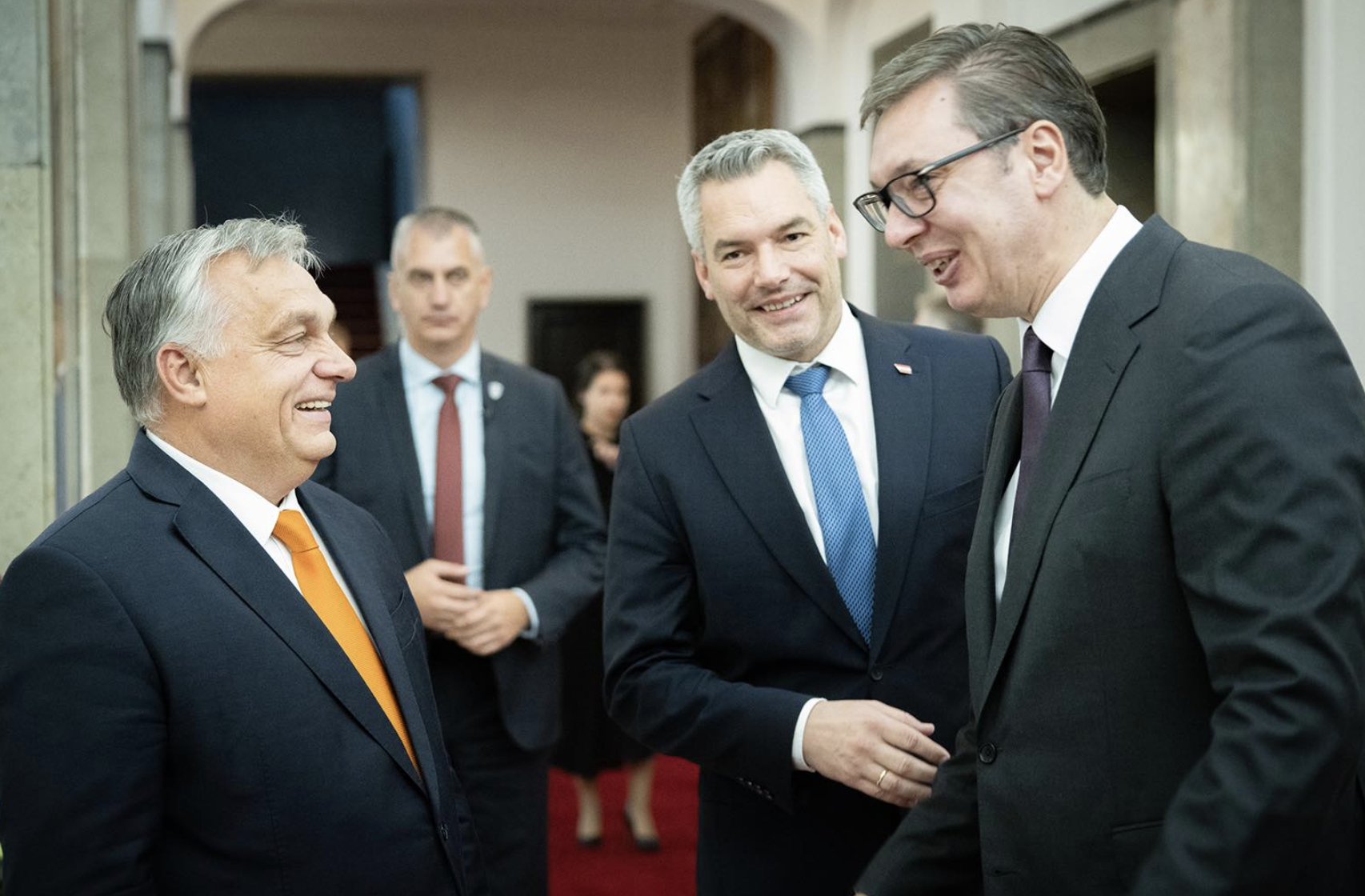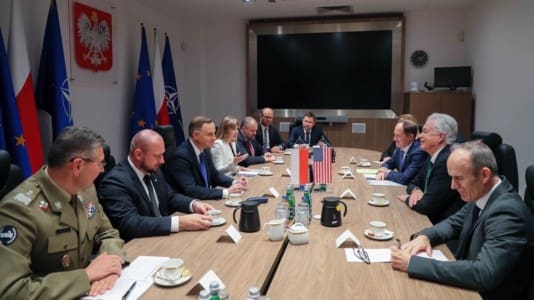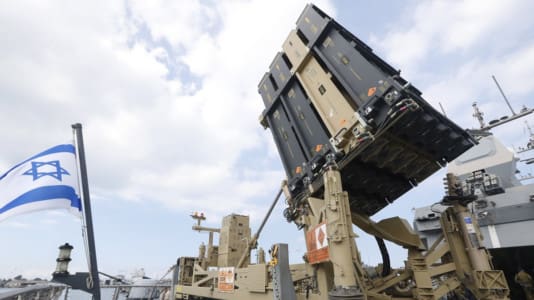Hungary, Austria, and Serbia have agreed to establish a joint border defense force to deal with a spiraling migrant crisis that has seen all three countries overrun and struggling to prevent more border violations.
At a Belgrade summit, Hungarian Prime Minister Viktor Orbán, Serbian President Aleksandar Vučić, and Austrian Chancellor Karl Nehammer hammered out the details of a joint border protection force and called on the European Union for aid.
“Serbia’s membership in the European Union is in Europe’s interest, and it would be much easier to protect Serbia against migration if Serbia were also a member of the European Union,” Orbán said after the Belgrade summit.
The Hungarian prime minister met with his Serbian and Austrian counterparts on Wednesday to strengthen border protection cooperation between the three countries, according to Hungarian news outlet Magyar Hirlap. At a press conference following the meeting, Orbán stressed that Serbia is a key country for European security, as when it protects its own borders, it also protects the entire European Union.
Orbán said that until Serbia’s accession into the EU, which Hungary has long advocated, the only goal should be to move the defense lines as far south as possible, adding that Hungary will immediately provide the necessary personnel and technical equipment for the joint border protection force of Serbia, Austria, and Hungary.
“The Hungarian and Serbian nations share a common destiny, which means that they are together in good times and bad, helping each other,” Orbán said, adding that because of this, “we must work together.”
The new border force will likely see Austrian and Hungarian police units moving to the Serbian border, which is seen as the first point of entry into the EU for many migrants. The volatile Serbian border has seen armed clashes with migrants, resulting in a number of deaths as people smuggling gangs compete for territory and control.
Orbán added that Aleksandar Vučić is the best Serbian partner in Hungary’s history. They agreed that their joint border defense force is important for the entire Balkans because the entire region “is suffering from migration.”
He also stated that migration should not be managed but stopped, saying, “There is only one case when migrants will not come to your country: When they know that they will not succeed. It must be made clear that you cannot enter our countries in an illegal manner.”
[pp id=50897]
The prime minister also pointed out that 160,000 illegal border-crossing attempts have been thwarted by Hungarian authorities this year and that the country has spent €1.6 billion on border protection since 2015, of which Brussels has reimbursed only 1.2 percent.
“We have signed an important memorandum aimed at curbing illegal migration, and we will take further decisive steps to achieve this before the end of the year,” Vučić said at a press conference after the meeting. More than 40 percent of migrants have identified themselves as Afghans and typically arrive to Serbia from two directions, via North Macedonia (51 percent) and Bulgaria (32 percent).
Serbia’s government in Belgrade has agreed with its partners to deploy more police to its border with North Macedonia as well.
[pp id=54369]
“We want to push our defense lines as far south as possible because it is in the interest of Europe and our country. We do not want to be a parking lot for migrants,” Vučić said. The Serbian president added that an agreement had also been reached on readmission, the costs of which would be shared fairly between the parties going forward.
“The EU system has failed. The individual member states are forced to find partners to fight illegal migration,” the Austrian chancellor said, referring to the fact that close cooperation has been established with Serbia and Hungary in this field.
Nehammer added that Austria will send an additional 100 police officers to the Serbian border and provide drones and vehicles as well.





